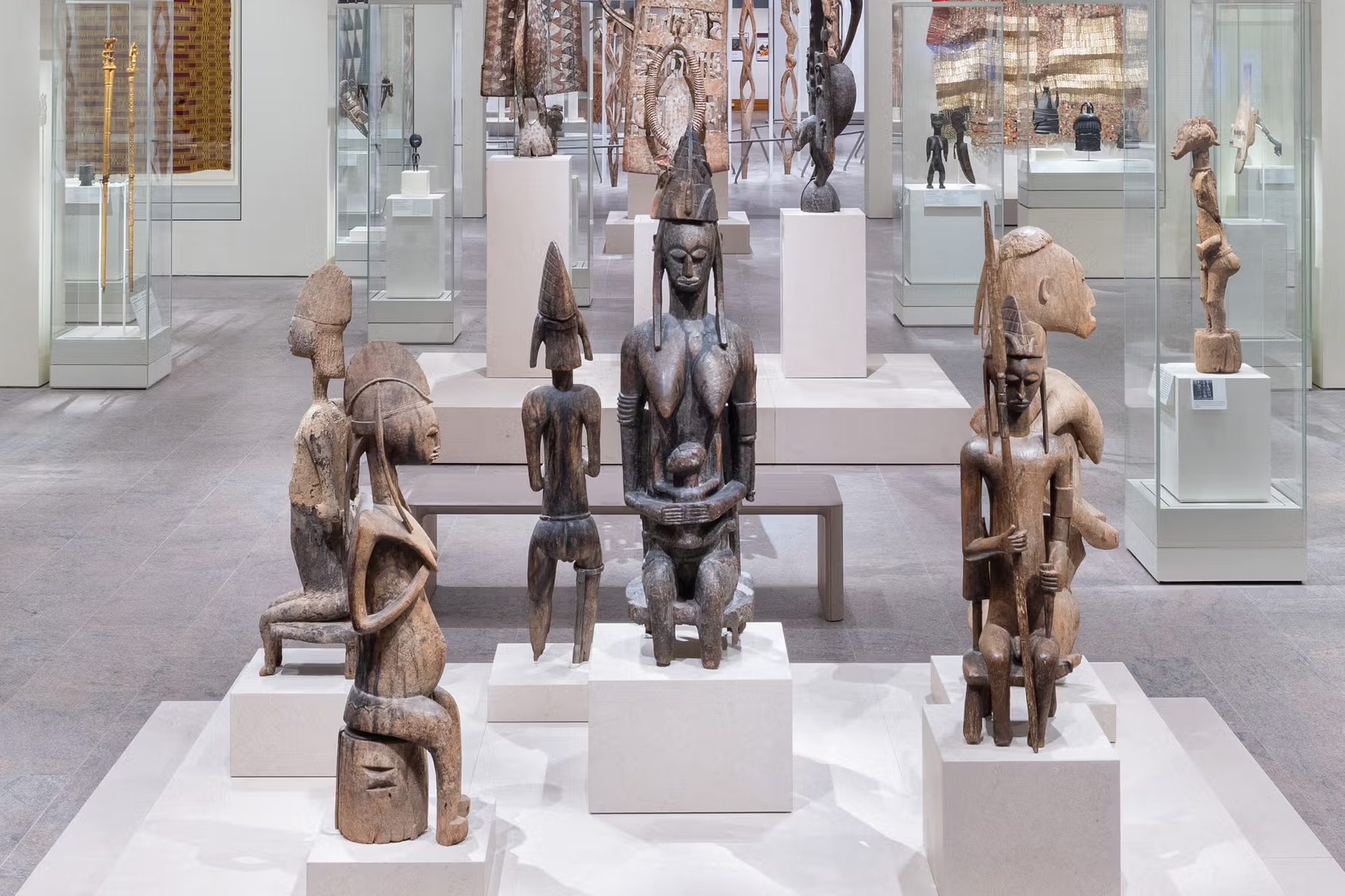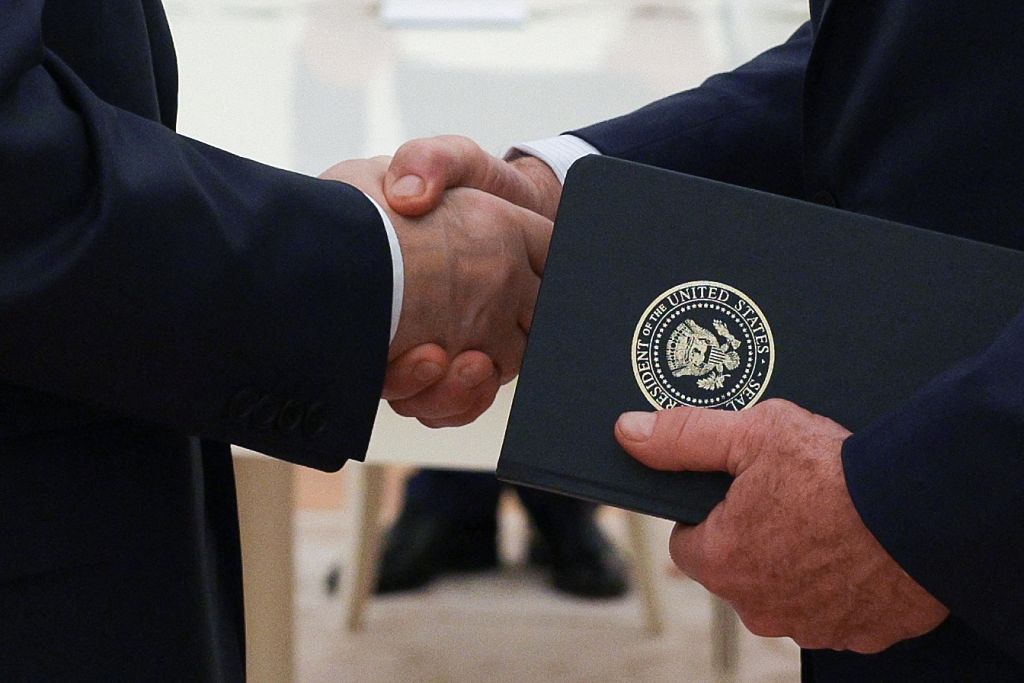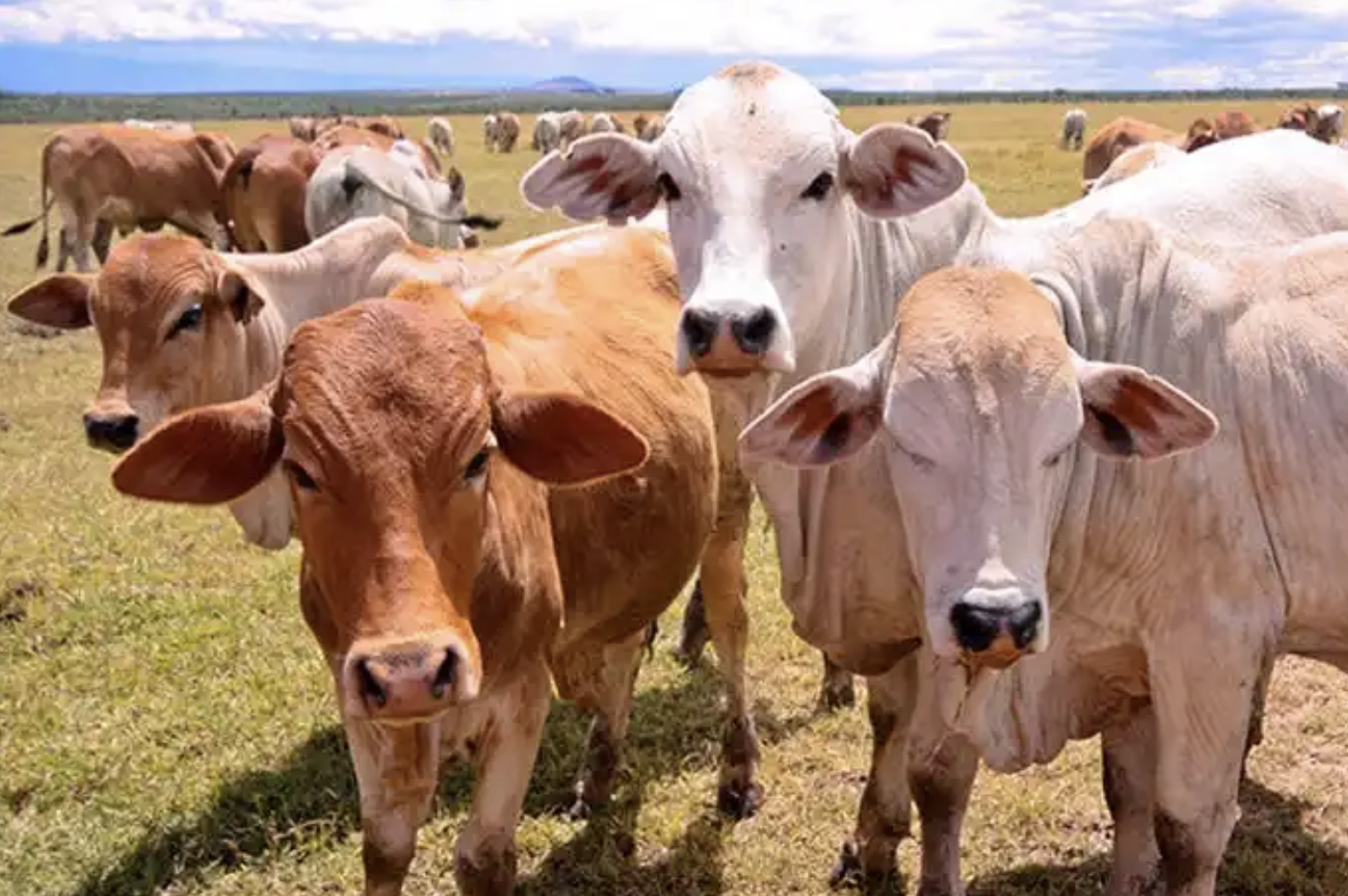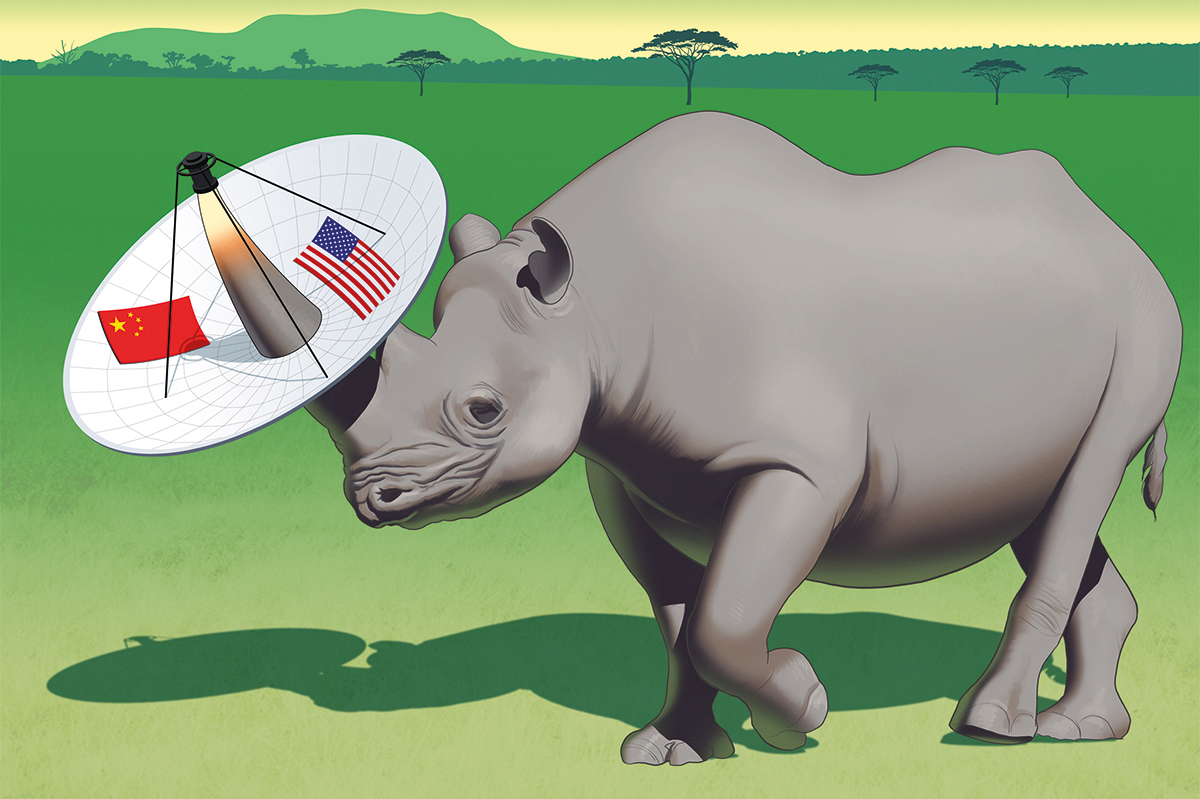After many years in power, a corrupt and inept government is finally close to being removed. There is no great confidence in the opposition — but the people have had enough of seeing their country ruined and are finally having their say.
No, I’m not talking about President Joe Biden’s administration but South Africa, where the ANC looks as if it might be close to losing power after almost three decades of one-party rule.
Very high turnout for other parties is understood to have perhaps caused the African National Congress, the party of Nelson Mandela, to fall below 50 percent of the vote for the first time. It’s currently on 43 percent, according to the early results. This may force the ANC to power share.
The leading opposition party, the Democratic Alliance, which is led by a white man called John Steenhuisen, is still quite far behind on around 26 percent of the vote. The DA has signed agreements with other parties in order to form a majority coalition, but the ANC is highly likely to remain in a dominant position in the struggle for power over the next few days and possibly weeks. Nonetheless, its iron grip on South African politics appears finally to be loosening.
The ANC’s vote share has steadily declined in the last two decades. In 2004, after ten years in charge, it won almost 70 percent of the vote. By 2009, that had declined to 66 percent. In 2014, that fell 62 percent and in 2019, the party’s lead shrank to 58 percent of the vote.
The result will be closely watched by Israel, which has been wounded by South Africa’s staunch opposition to the war in Gaza and support for the Palestinian cause.
But South Africans are less concerned about the Middle East than they are about the rampant corruption across South African governance. There is a widespread sense that, after the joyous triumph over apartheid, the country is regressing. The ANC has failed with the South African economy, and inflation has been too high for many years, even before the Covid pandemic. Basic utility services such as water provision and the electrical grid have been collapsing, too.
The final results of the election will not be clear until this weekend at the earliest.
This article was originally published on The Spectator’s UK website.


























Leave a Reply